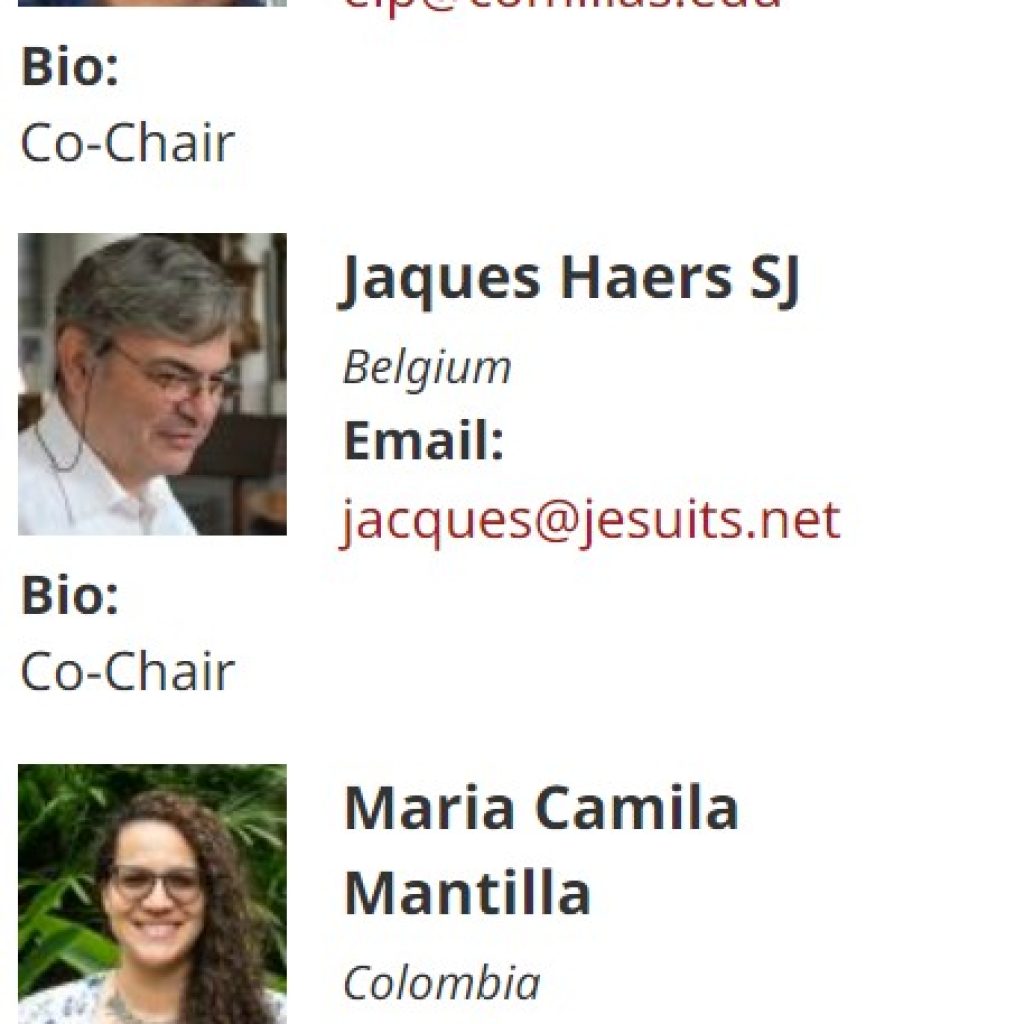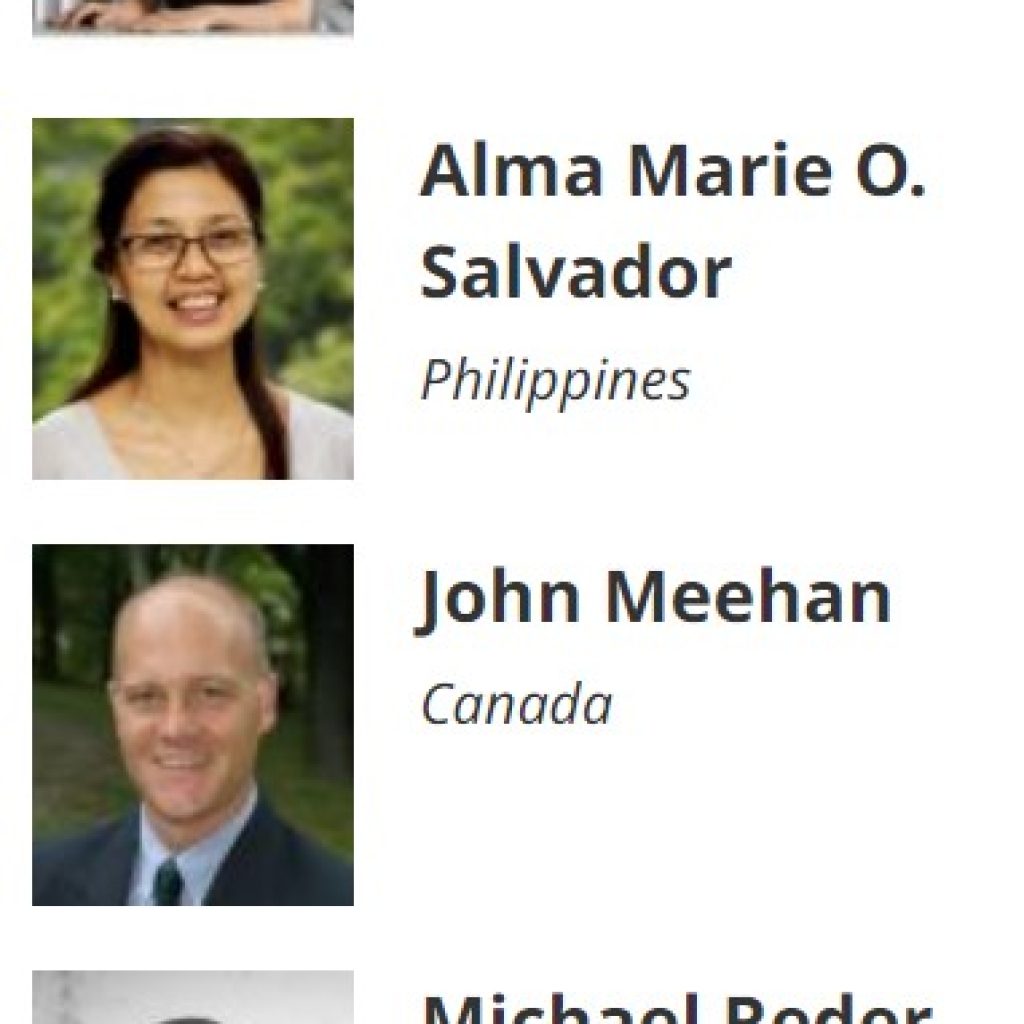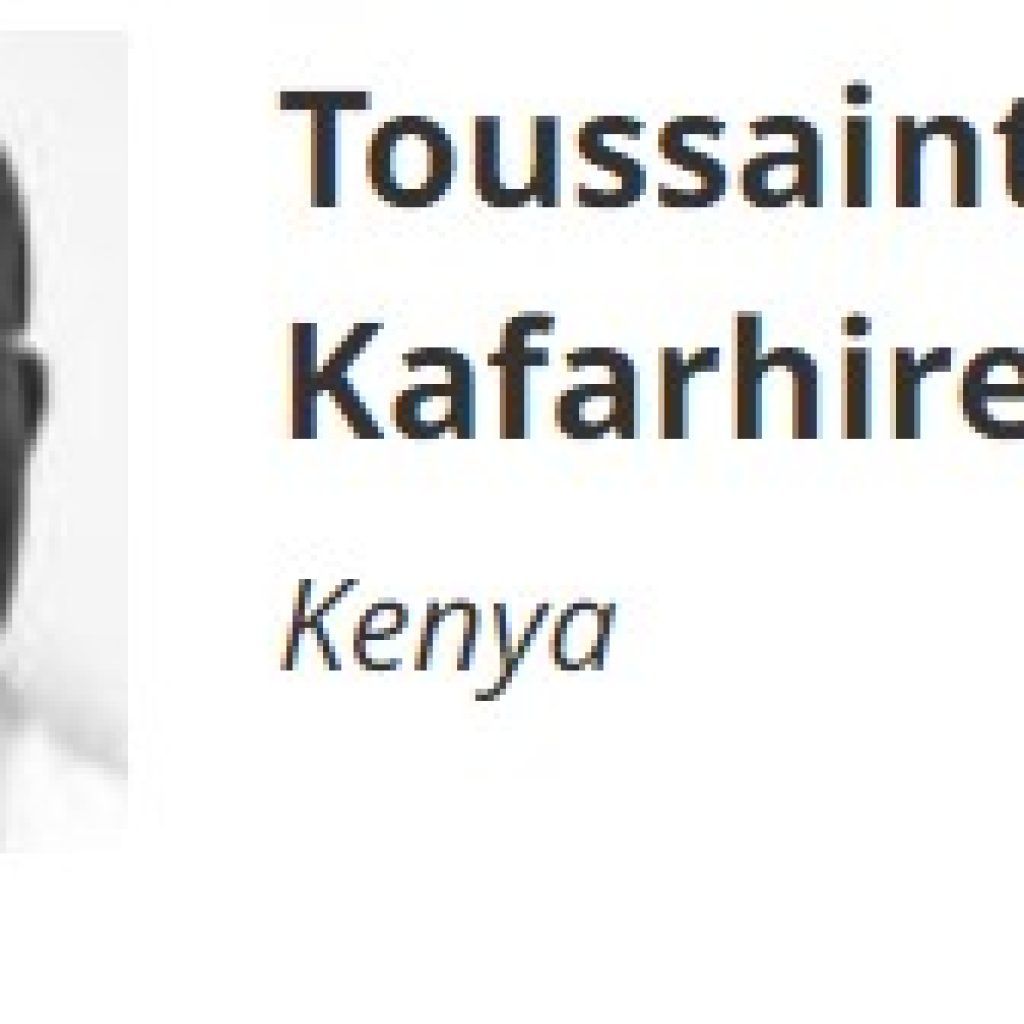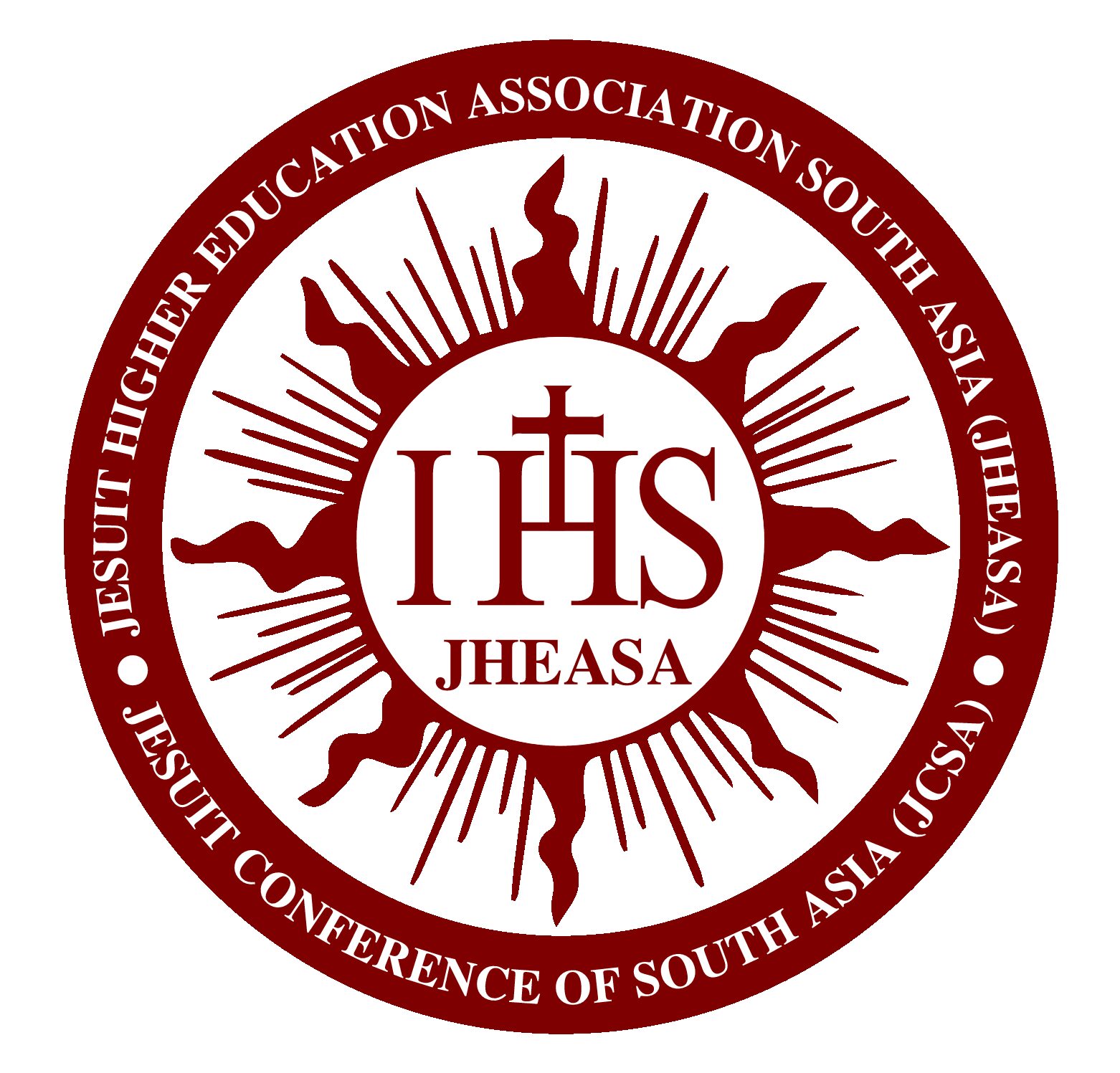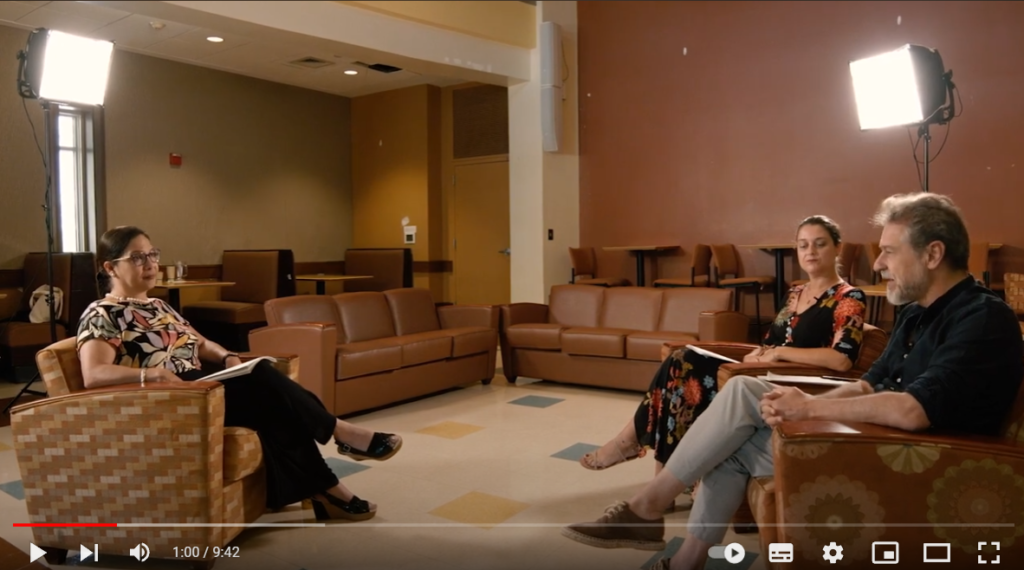Overview
In every society the sins of the past are often very much present. It is, perhaps, a truism that “the past is not past.” Societies with a history of colonization and/or slavery, societies experiencing civil war or violent disruptions, tensions between and among religious, economic or ethnic groups—have produced damages of every sort that can be as visible today as when they occurred. The need for healing and reconciliation is no simple matter involving, as it does, truth, transparency and a willingness to acknowledge the sins of the past.
Jesuit schools and ministries have been called to commit to the mission of reconciliation (with God, with ourselves, between conflicting parties, and with creation). The need for healing and reconciliation in a world suffering from violence
and injustice, therefore, also represents a call for us to commit to this mission with our resources in research and education.
Goals
The IAJU Task Force on Peace and Reconciliation focuses on this call by initiating and sustaining processes of shared discernment on the role of Jesuit universities and centers of tertiary learning in the mission of reconciliation for the Society of Jesus:
- Mapping and networking among existing initiatives and best practices on reconciliation in the context of Jesuit institutions;
- Providing tools to inspire sensitive and committed students in the mission of reconciliation and conflict transformation;
- Promoting transdisciplinary approaches to research, education and transfer of knowledge with those victims whom we serve;
- Stimulating the creative and critical interactions of Jesuit universities and centers of higher learning with other actors in the field of reconciliation;
- Inviting Jesuit universities and centers of higher learning to coherently reflect within their own organizations on reconciliation;
- Exploring the role of Ignatian spirituality in the process of reconciliation;
- Building learning communities of practice to improve our concrete actions (including advocacy) at the service of reconciliation.
Projects
To achieve these goals, the Task Force has initiated and sustained processes of
common discernment at three levels:
1. Mapping and Geo-viewer: The mapping of existing initiatives allows us to identify where the efforts of universities are concentrated and which practices embody our understanding of Ignatian reconciliation, while inspiring universities to engage in reconciliation initiatives and to share best practices with each other.
2. Learning and Discerning Communities of Reconciliation Practices: The Task Force has initiated, convened, and sustained two initiatives to foster networking and collaboration, organized as common discernment processes:
A. ReconciliaNet (Worldwide Reconciliation Network): A network of various institutions and initiatives worldwide, not limited to academic contexts, involved in various types of reconciliation in diverse contexts. After meeting during the 2021 IAJU International Conference on Ignatian Reconciliation, participants now meet every three months via Zoom to share best practices, collaborate, and reflect on the specificity of Ignatian reconciliation.
B. JesPRI (Jesuit Peace and Reconciliation Institutes): This collaborative initiative focuses on specific academic institutions, centers, chairs and departments in tertiary education, which specialize in peace studies; conflict transformation; mediation; healing; trust-building; transitional and restorative justice; forgiveness; and reconciliation. It aims at setting up both regional (according to Conferences of Provincials) and worldwide collaboration in synergies at the service of the Jesuit and Church mission of reconciliation. Special attention will be paid to the common and added value of the Ignatian tradition through discernment, research, education, and transfer of knowledge.
3. Reflection on Ignatian Reconciliation: In its initiatives, the Task Force has facilitated a reflection on the specific contribution of Ignatian reconciliation. Concretely, we have addressed the question: What is reconciliation in the context of the Jesuit mission? An answer to this complex question has been offered in the volume of proceedings from the 2021 IAJU International Conference on Ignatian Reconciliation.
If you want to see the presentation made by the Task Force on Reconciliation and Peace at the IAJU 2022 Assembly, this is your chance to watch it again:
JOIN US
If you are interested in the initiatives of this Task Force and you feel identified with the mission of reconciliation then you are one of us, join the Reconciliation mission of the Society of Jesus!
